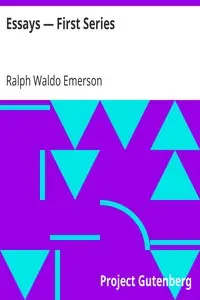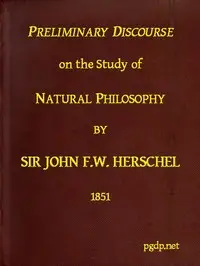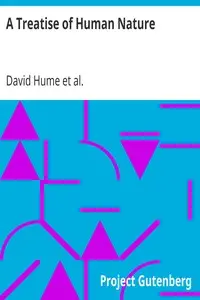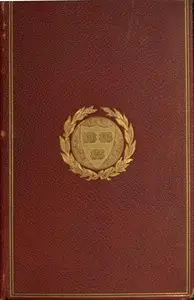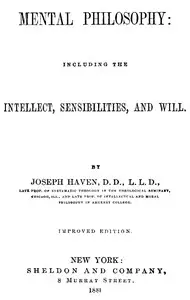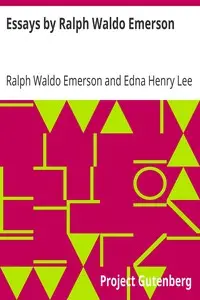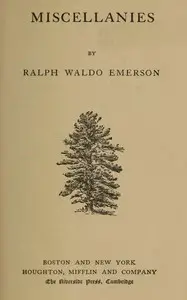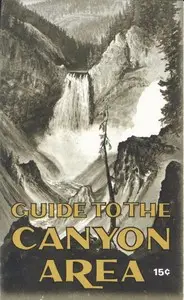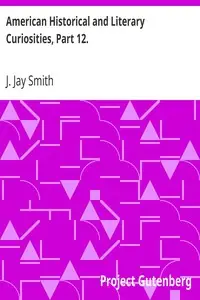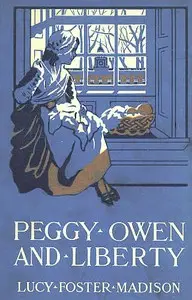"Natural History of Intellect and Other Papers" by Ralph Waldo Emerson is a compilation of philosophical essays from the late 1800s that takes a look at how the human mind works and its connection to the world around us. Heavily influenced by transcendentalism, Emerson thinks about big ideas to help readers understand the purpose of the mind and its importance in the vast universe. The book starts with an introduction to the idea of intellect, highlighting its role as both something we experience and something we can observe, using discoveries from science to guide the way. Emerson compares nature to the inner workings of the mind, suggesting that we can study the rules of the mind just like scientists study the rules of nature, seeing the intellect as a large, powerful force that affects and shapes our reality which leads to a deep look into different parts of thinking, including memories, and how they link to our existence.
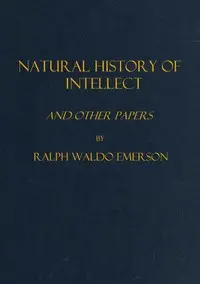
Natural history of intellect, and other papers
By Ralph Waldo Emerson
Embark on a journey to understand the power of the human mind and its place in the grand scheme of the universe through thought-provoking explorations of science, nature, and existence.
Genres
Released
2023-09-04
Formats
epub
epub3 (images)
mobi (images)
epub (images)
txt
Free Download
Summary
About the AuthorRalph Waldo Emerson, who went by his middle name Waldo, was an American essayist, lecturer, philosopher, abolitionist, and poet who led the Transcendentalist movement of the mid-19th century. He was seen as a champion of individualism and critical thinking, as well as a prescient critic of the countervailing pressures of society and conformity. Friedrich Nietzsche thought he was "the most gifted of the Americans," and Walt Whitman called Emerson his "master".
Ralph Waldo Emerson, who went by his middle name Waldo, was an American essayist, lecturer, philosopher, abolitionist, and poet who led the Transcendentalist movement of the mid-19th century. He was seen as a champion of individualism and critical thinking, as well as a prescient critic of the countervailing pressures of society and conformity. Friedrich Nietzsche thought he was "the most gifted of the Americans," and Walt Whitman called Emerson his "master".
Total Reviews
10.0k
Total reviews from Goodreads may change

